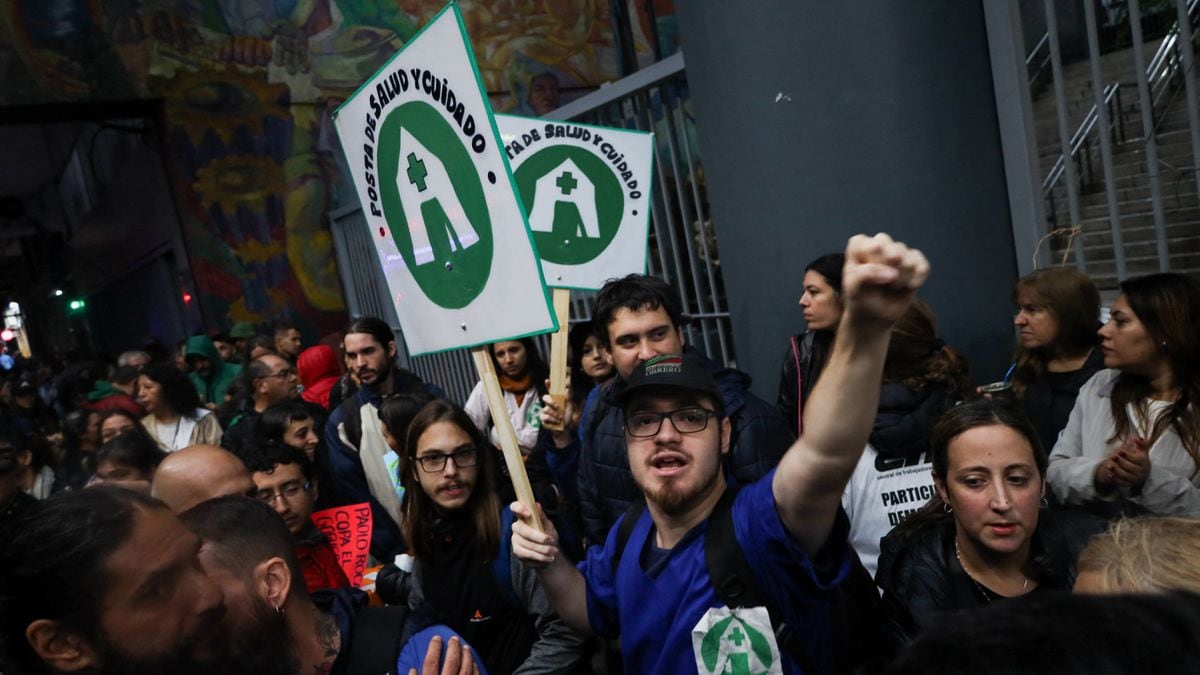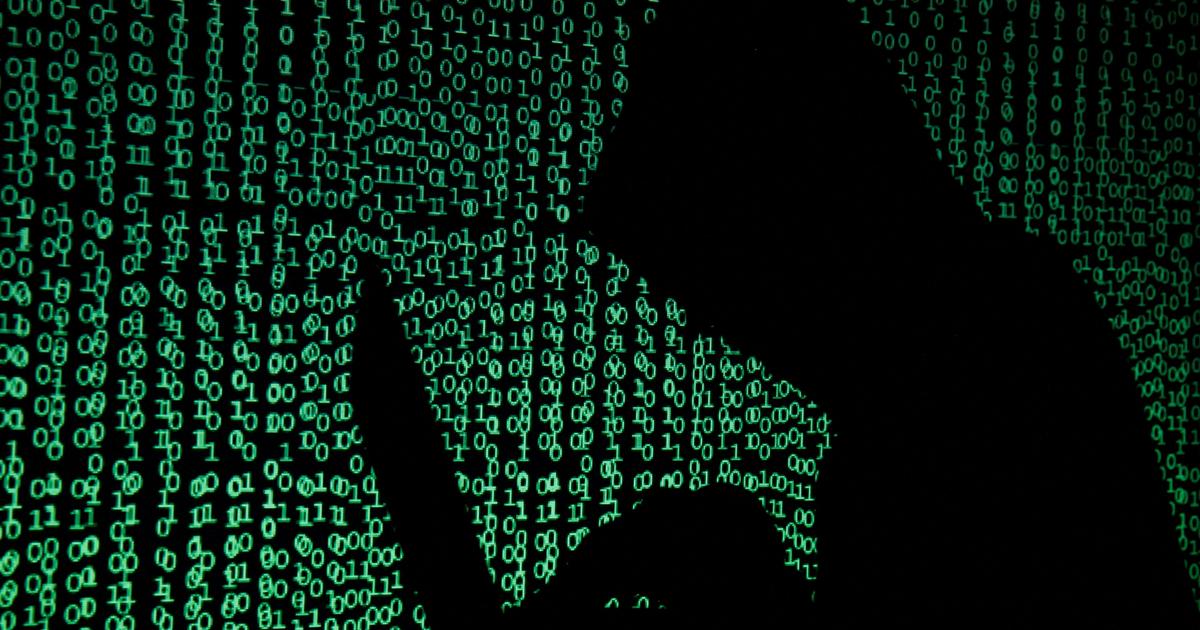- Click to share on Facebook (Opens in a new window)
- Click to share on Twitter (Opens in a new window)
- Click here to share on LinkedIn (Opens in a new window)
- Click to email a friend (Opens in a new window)
Beirut, Lebanon (CNN) - For weeks, heated and airy lawsuits in Iraq and Lebanon shook their political leadership. The elites publicly acknowledged the popular accusation against him, and serious political concessions seemed inevitable. The demonstrations generated a jolt of powers that would have been unimaginable even a month ago.
Then, in just three days this week, the governments of Iraq and Lebanon agreed to resign. Protesters rejoiced, but many also recognize that there is a long and complicated road ahead.
Unlike much of the Arab world, Iraq and Lebanon are not governed by autocrats, and a change in government rarely encourages change in internal policies. Instead, protesters say that these countries are governed by democratically elected kleptocracies, with the political elite deeply rooted thanks to the convoluted sectarian power systems.
- Lebanese Prime Minister's resignation unleashes political fears and celebrations
In both cases, protesters face the formidable task of changing entire political systems, and not just their cabinets, to address their complaints.
This became clear in Lebanon when, no more than 24 hours after resigning as prime minister, Saad Hariri was already emerging as a favorite for the same position. In Iraq, the resignation of Prime Minister Adil Abdul Mahdi will be effective only when a successor is found.
Anti-government protesters protested near Thir Square during the protests in Baghdad on October 30, 2019. (AP Photo / Khalid Mohammed)
"For Iraqi protesters, the resignation (of Abdul Mahdi) in some parts is a welcome measure in terms of the protests yielding some sort of result," said Amnesty International researcher in Iraq Razaw Salihy. "But it is not close enough in terms of the protesters' demands."
"(These are) not only the resignation, but also that everyone in the government is responsible for the long-standing human rights violations, as well as ... the very deep corruption in the government," Salihy said.
In an interview with Becky Anderson of CNN, Interior Minister of the interim government of Lebanon and Hariri's ally, Raya al-Hassan, also acknowledged the resignation of the Lebanese government as only "a partial victory."
"I think this is only part of what they were demanding," said Hassan. “We definitely need a clean government. Protesters have set the bar very high, so we can no longer try to escape that commitment. ”
Lebanese Prime Minister Hariri delivers his resignation to the Lebanese president.
But even if politicians have sincerely committed themselves to eradicating corruption, and there is deep distrust among protesters about this, the circumstances may prove intractable. Among the main obstacles is the political system that both countries have in common.
- Despite reforms of the Government of Lebanon, protesters continue to protest in the streets
After the US invasion in 2003 deposed Iraqi dictator Saddam Hussein, the United States introduced confessionalism, the same system of the colonial era imposed in Lebanon, which divides power based on sectarian affiliation. Protesters in both countries point to it as the root cause of endemic corruption and cronyism.
Another complicating factor is the growing influence of Iran. In Iraq, the Popular Mobilization Units (UGP) backed by Tehran played an important role in the expulsion of ISIS from the country, but came to exercise great power in the government. In Lebanon, Hezbollah, the political and militant group backed by Iran, organized a guerrilla campaign that eventually caused Israel to disarm disorderly from southern Lebanon after 18 years of occupation. He later built a political coalition, composed of Christian and Shia allies, in the strongest political force in the country.
Iran did not create the status quo against which people rose in any of the countries, but it has a keen interest in maintaining it. And protesters galvanized by deep economic grievances that accumulated over many years of bad government management soon found themselves facing forces backed by Iran or its supporters.
In Lebanon, Hezbollah initially recognized the protests, which began in mid-October, as legitimate, but then tried to discredit the movement, saying that parts of it were driven by a conspiracy against the group.
Hezbollah supporters and their political allies in the Amal movement have attacked the protest sites twice. The group has also opposed the resignation of the Hariri national unity government, which included Hezbollah and its allies.
Hezbollah's stance has provoked the anger of the protesters, even among the most sympathetic of the group. Although not known for economic corruption, Hezbollah has positioned itself, at this critical moment, as the guardian of Lebanon's selfish establishment.
- Untangling the crisis in Qatar: Sunnis, Shiites, Saudis, Iranians ... and Trump
When the demonstrations began in Iraq in early October, "very little was said about the fall of the regime," said Salihy of Amnesty International, but the violent response of the security forces to the protests encouraged political unrest.
"The presence of certain factions of the Popular Mobilization Units in the southern provinces, where they rule with an iron fist, has added to the complaints," Salihy said, adding that resentment toward the government grew when it became clear that PMUs were beyond their control. Security forces have killed more than 200 people since protests broke out, according to Amnesty.
US Secretary of State Mike Pompeo said Friday that the Iraqi government's investigation of violence in early October "lacked sufficient credibility" and that "the Iraqi people deserve genuine responsibility and justice."
Anti-government protesters in Lebanon celebrated Saad Hariri's resignation. (AP Photo / Bilal Hussein)
Now, less than a month later, the resignations caused by protesters in Lebanon and Iraq could mark a turning point, which could lead to the necessary political concessions to rescue both countries from the growing decline.
Lebanon's president (and Hezbollah's ally) Michel Aoun said Thursday that the sectarian system is a "disease" and promised a drastic political reform. In Iraq, Abdul Mahdi's resignation upset Iran, but it could be a first step to remedy corruption.
If protesters may or may not cause a systemic change, beyond a reorganization of power, it is less clear. In Iraq, the PMU could be in the rear and be forced to make concessions. In Lebanon, Hezbollah could withdraw from the political landscape in an attempt to preserve its weapons. For many years, the group has opposed Lebanon's neoliberal economy, even when he found himself as an active participant in this system. On Friday, Hezbollah chief Hassan Nasrallah eased his opposition to the protests in a speech that asked the next government to be transparent and address the protesters' demands.
But corruption in Iraq and Lebanon extends well beyond Iran's role in these countries, and the United States and Saudi Arabia have also backed prominent political actors in the system.
The question now is whether protesters have the means to deal with the large number of players, external influences and commercial interests that these establishments have maintained for years.
Iraq Lebanon









